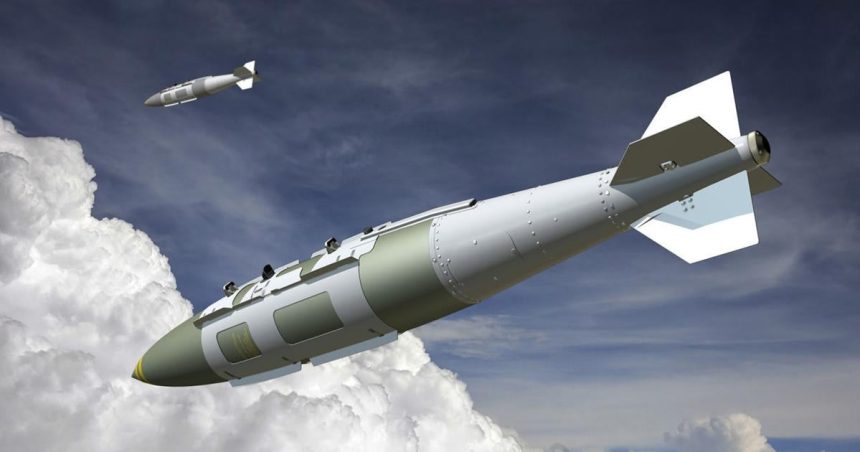ST. CHARLES — The Boeing Co. has secured a contract worth nearly $7.5 billion from the Air Force to manufacture materials for converting bombs into GPS-guided weapons at its St. Charles factory.
Last week, the U.S. Department of Defense announced the contract award for the production of joint direct attack munitions (JDAMs), which includes tail kits and spares for combat use.
According to Defense News, the guidance tail kits will be attached to bombs ranging from 500 pounds to 2,000 pounds, allowing them to be directed from an aircraft towards a ground target.
The contract is slated for completion by February 2030, as stated in the release.
Additional Readings
It remains unclear if the defense company, based in Arlington, Va., will need to hire additional personnel to support production.
Boeing’s defense operations are mainly situated in the St. Louis region. The company manufactures fighter jets, a trainer aircraft, and a refueling drone in St. Louis County and St. Clair County, Illinois. The St. Charles facility focuses on munitions production.
Recently, the company also sealed a $1.3 billion deal with the U.S. Navy for 17 new F/A-18s, extending the life of the St. Louis County manufacturing line until 2027 instead of ending next year.
Moreover, Boeing is embarking on a $1.8 billion expansion of its facilities surrounding St. Louis Lambert International Airport as competition intensifies with rival Lockheed Martin to develop the U.S. military’s next-generation fighter jet.
Employing over 15,000 workers in the region, the company has faced calls from students at Washington University and other local colleges to sever ties due to its involvement in civilian casualties in the Gaza Strip.
The St. Charles facility has witnessed occasional demonstrations over the years. In November, pro-Palestinian activists staged a rally in front of the facility, causing a temporary work suspension as they demanded a cease-fire and criticized the company for supplying weapons to Israel.
Reports from local news outlets indicated that in 2018, protesters blocked the gates over arms sales to Yemen. Similarly, anti-war demonstrations took place outside the gates in 2003 before the U.S. invasion of Iraq, as reported by the Post-Dispatch.











